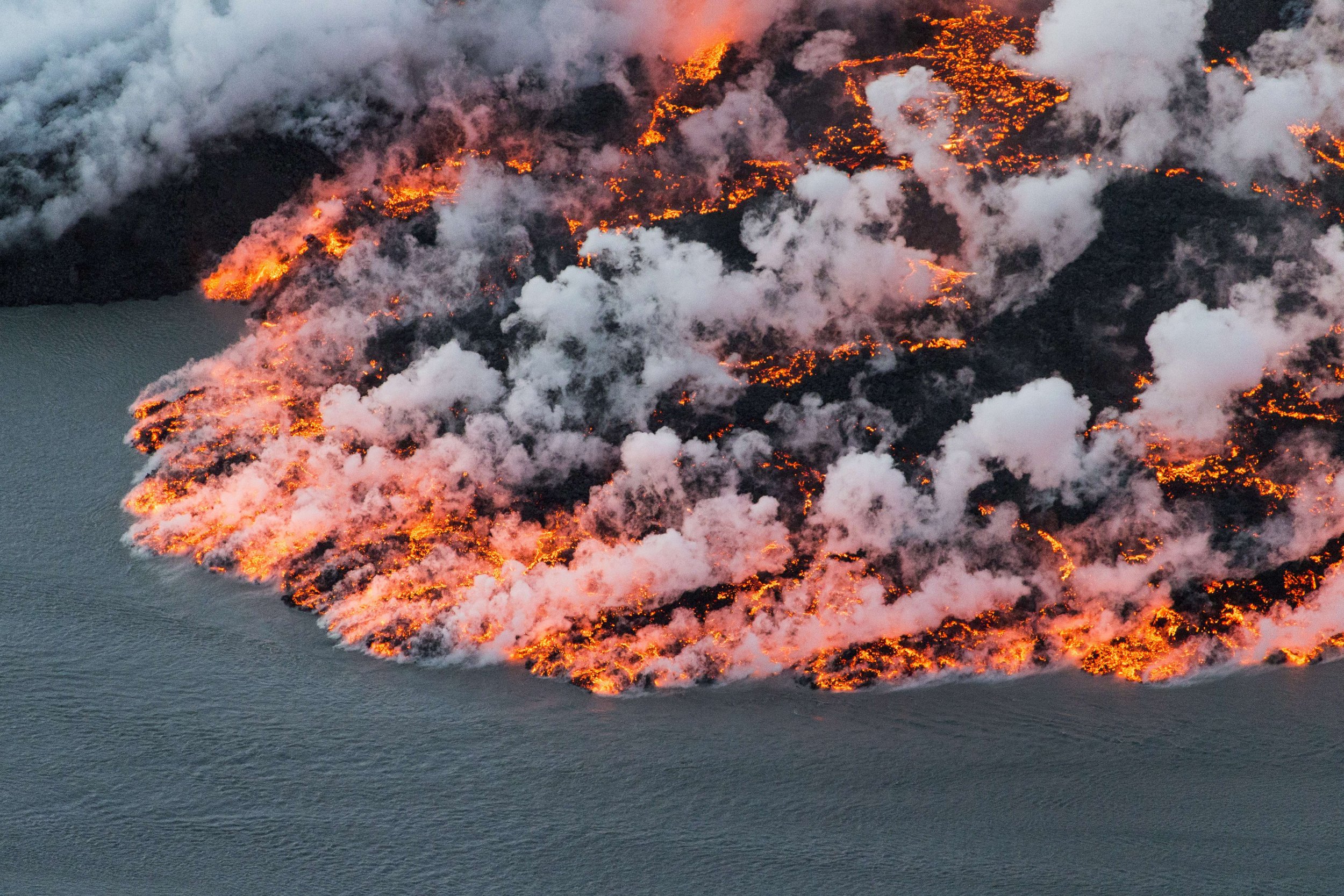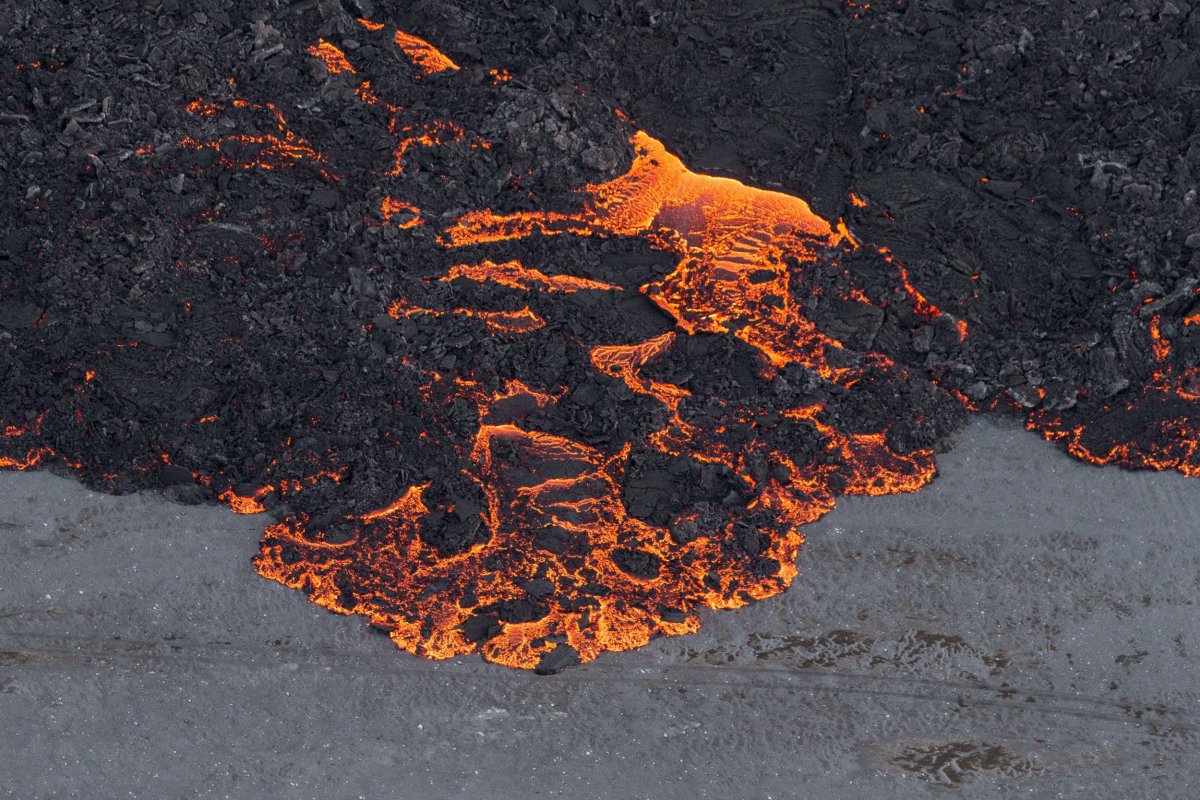
Iceland's largest volcano, Bardarbunga, could erupt at any moment, bringing a cloud of ash that could hinder worldwide tourism, and cause air quality issues, reports Yahoo UK. Some worry it would be reminiscent of the 2010 eruption of Eyjafjallajoekull, which disturbed travel at the time.
Related: Earthquake Swarm at Yellowstone Supervolcano Now One of the Longest Ever Recorded
The country's largest volcano, which stands at 6,591 feet above sea level, has been hit with earthquakes this week. These vibrations could have huge implications, according to volcanic expert, Páll Einarsson at the University of Iceland. He spoke to the Daily Star in the UK and explained that an eruption is brewing.
"The volcano is clearly preparing for its next eruption, that may happen in the next few years," he told the outlet. The earthquake won't cause an eruption; rather, they hint that one could be coming. "The earthquakes last week are just the symptoms of this process, they do not cause the volcano to erupt," he told the Daily Star.
Bardarbunga last erupted in 2014, and NASA documents show that seismic activity increased for seven years before the event. It dipped briefly in 2011 after another volcano located nearby, Grímsvötn, erupted, but once again became more active in August 2014. Later that month, the volcano finally erupted, spewing lava for days.
What concerns most experts is that the next eruption could be a repeat of the chaos in 2010 following the eruption of Eyjafjallajokull. According to The Telegraph, 100,000 flights were cancelled from the incident, leaving 10 million people stranded. Airlines lost $1.7 billion dollars in revenue. LiveScience reports that the eruption, which stopped flights for almost a month, was so drastic because the ash spread further than normal and was present in the atmosphere for a greater length of time.
Scientists later discovered that the prolonged drama was in part due to an adverse reaction between the magma and the surrounding glacial water. The ash was more porous and not as aerodynamic, which made them stay afloat longer.
There's no evidence that if the eruption of Bardarbunga would cause the same kind of havoc. Einarsson told the Daily Star that it's simply not possible to determine what the next eruption will be like, but thinks it will be harmless according to the statistics.

Still, Einarsson said the country needs to prepare for the worst.
Though he emphasizes they are not common, he also says "we have to be prepared for larger and more disastrous eruptions."
Uncommon Knowledge
Newsweek is committed to challenging conventional wisdom and finding connections in the search for common ground.
Newsweek is committed to challenging conventional wisdom and finding connections in the search for common ground.
About the writer
Melissa is a science writer covering health for Newsweek and has contributed to Inc., Dr. Oz The Good Life, Men's Fitness, Marie Claire and others. She earned ... Read more
To read how Newsweek uses AI as a newsroom tool, Click here.








